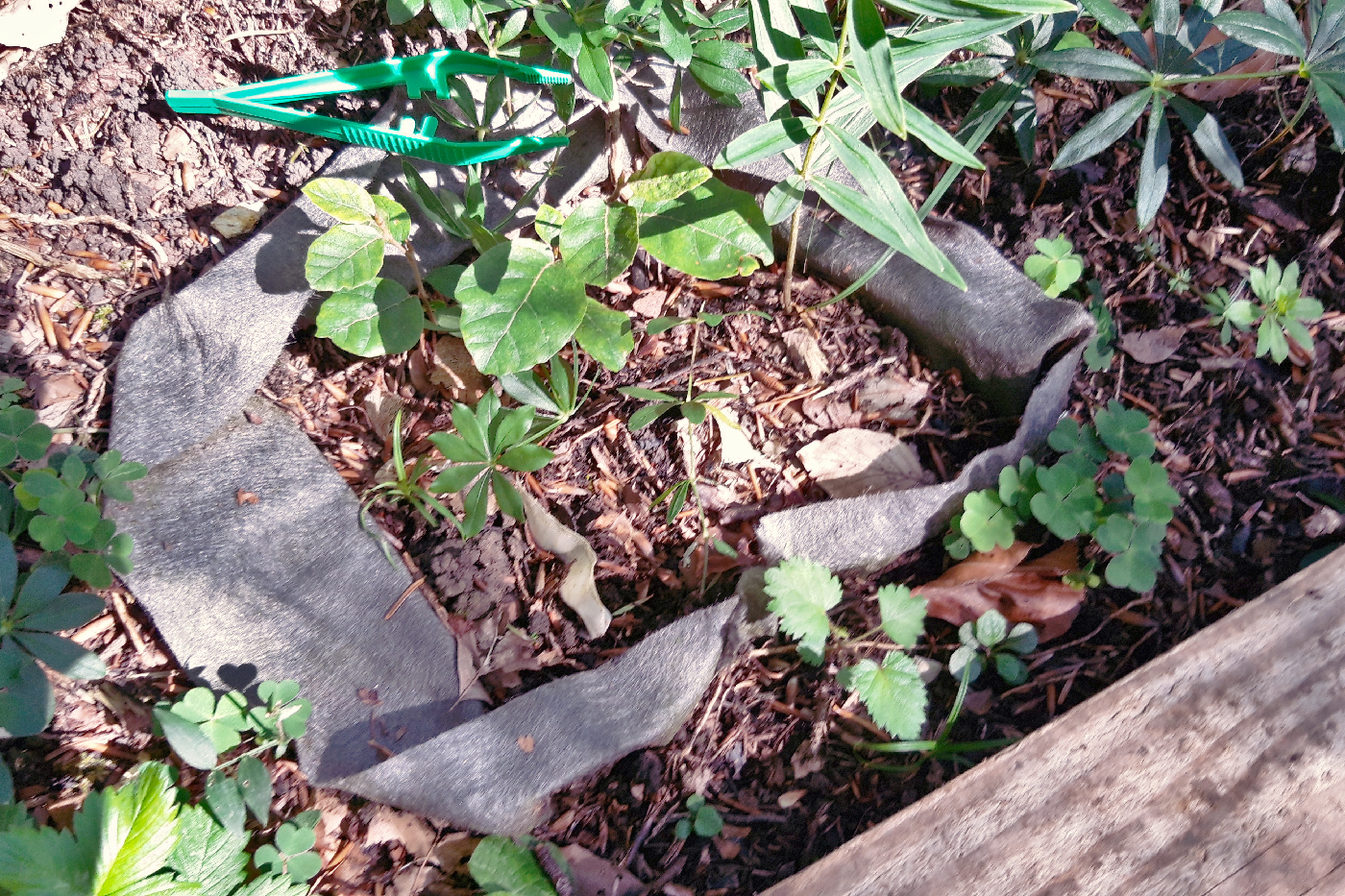Heterotrophic protists impact on forest soil prokaryotes and nutrients cycles in a global warming context
Global warming is major threat for the temperate forest ecosystem which mainly rely on a diverse soil microbial community. While prokaryotic microbes are known to react in term of diversity and abundance to increased temperature, information are scarce for heterotrophic protists. As they exert a top-down predation pressure on soil bacteria and actively participate to circulation of nutrients, they are crucial player in soil forest ecosystem processes like carbon storage, diseases suppression and plant growth promotion. The goal of this project is to disclose which part of the heterotrophic protist community can adapt to increased temperatures and how much this will impact carbon, nitrogen and phosphorus storage indirectly through bacterial predation. Along an elevation gradient from the Bois Chamblard to the Marchairuz pass (Vaud canton, Switzerland), forest soils from four elevations will be transplanted to the Bois Chamblard to simulate different temperature increase (+1 to +5°C) and soil moisture decrease (-15 to -40 %) scenarios. Litter bags will allow to capture actively growing heterotrophic protist communities. Protist communities will be characterized by environmental DNA based on full rDNA operon sequencing, allowing near species level resolution. Soil nutrients and protist communities will be measured in the transplanted soils and the litter bags after two and ten months inoculations to capture signals of fast and slow colonizer species. This study will allow to directly link the heterotrophic protist species which can adapt to different warming and hydric stress conditions to the soil carbon storage to gain mechanistic understanding of this crucial forest ecosystem function. Drastic changes in the abundant heterotrophic protists are expected under the harsher climatic scenario associated with strong reduction in soil carbon content due to reduced top-down predation on soil bacteria. Species from Bois Chamblard soil adapted to higher temperature and lower soil moisture are expected to be discovered among the colonizing protist communities in the other soils, which could be good candidates to mitigate global warming effects in elevated forest soils in order to maintain carbon sequestration and plant growing promotion functions under future warmer climate.
Laboratory of Soil Biodiversity
Institute of Biology
Université de Neuchâtel





